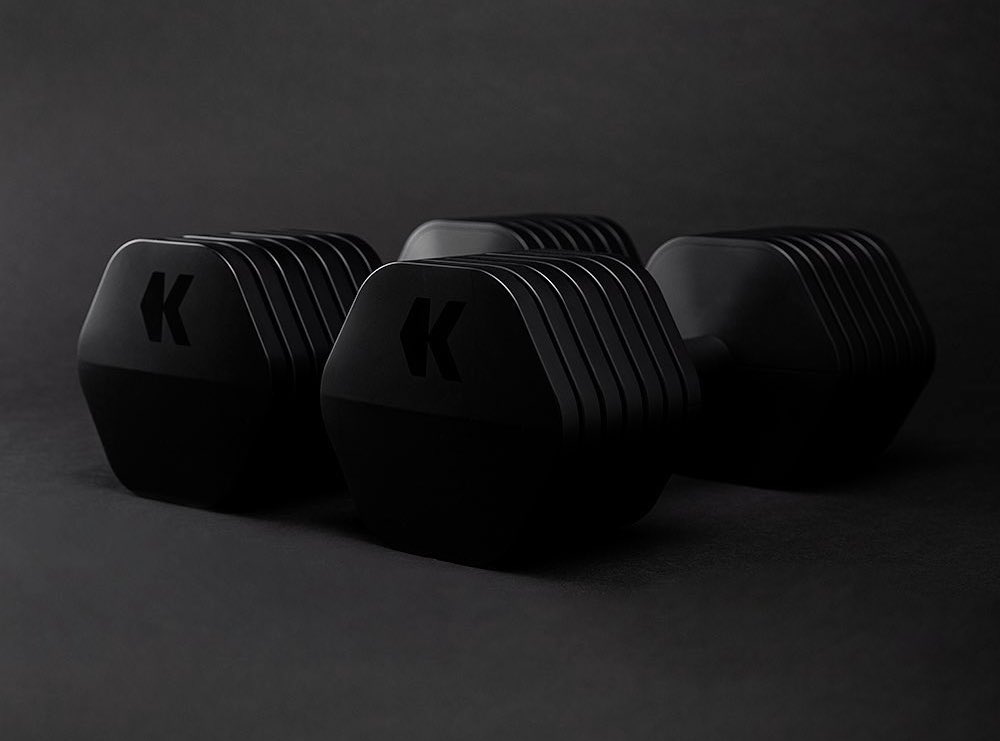Connected dumbbell maker Kabata secured $2M ahead of its official launch.
Tech Flex
The adjustable dumbbells are packed with sensors, sending real-time metrics on reps, time, and form. Its AI-driven software, accessible via the accompanying app, sends form corrections and programming cues back to the dumbbells in form of haptic feedback.
A step further, Kabata wants to create and adapt your strength training plan, leveraging in-workout data garnered from its equipment.
Heavyweights
While the connected cardio movement takes a breather, the smart strength sector continues to bulk up.
Brands like Tonal, Tempo, Arena, and Vitruvian are courting the at-home consumer, while Speede and OxeFit are all about athletes. A different approach, STÆDIUM by Freeletics aims to gamify strengh workouts.
From a smart dumbbell perspective, the rack is filling up:
- JAXJOX pairs a connected kettlebell, dumbbells, and foam roller with its interactive studio.
- Late last year, MIRROR launched smart free weights that track reps and form.
- In January, NordicTrack added Amazon Alexa voice commands for its iSelect dumbbells.
Punchline: While muscle mass decreases 3–8% per decade after the age of 30, nearly 60% of US adults don’t participate in any form of muscle-strengthening exercises at all. Smart or not, given the health implications and untapped market, the strength training category is rightfully pumping up.






